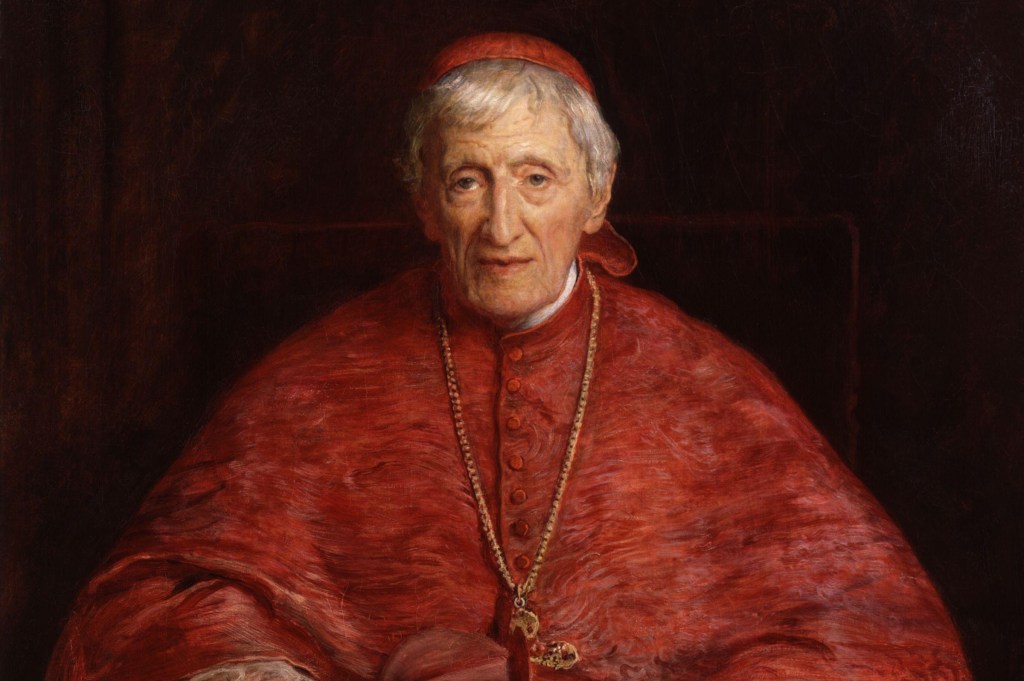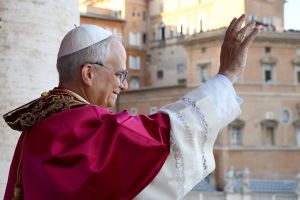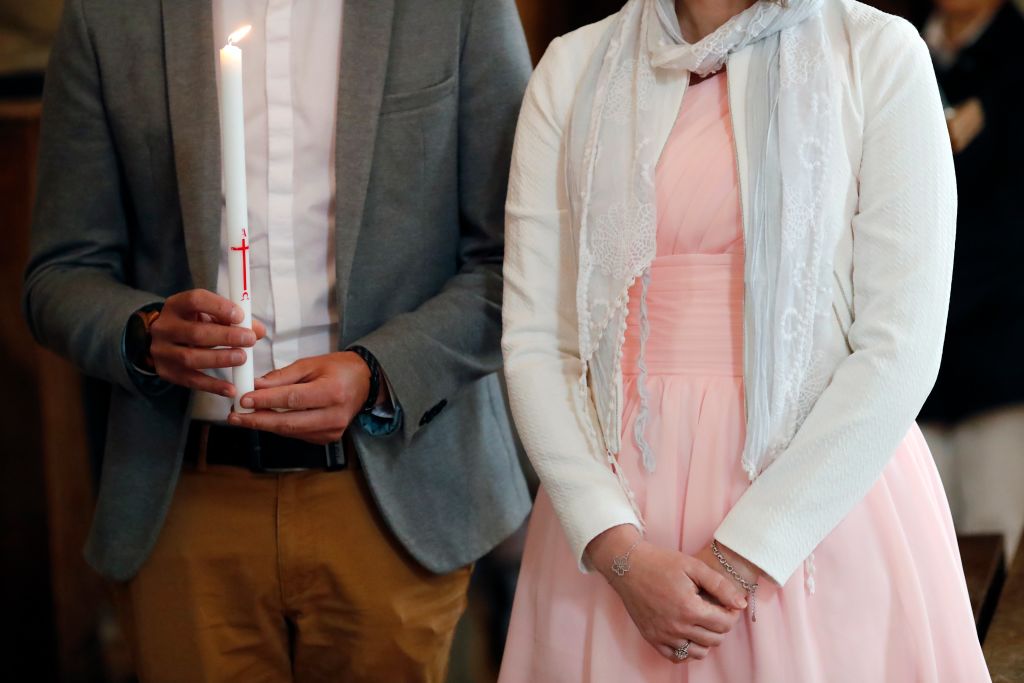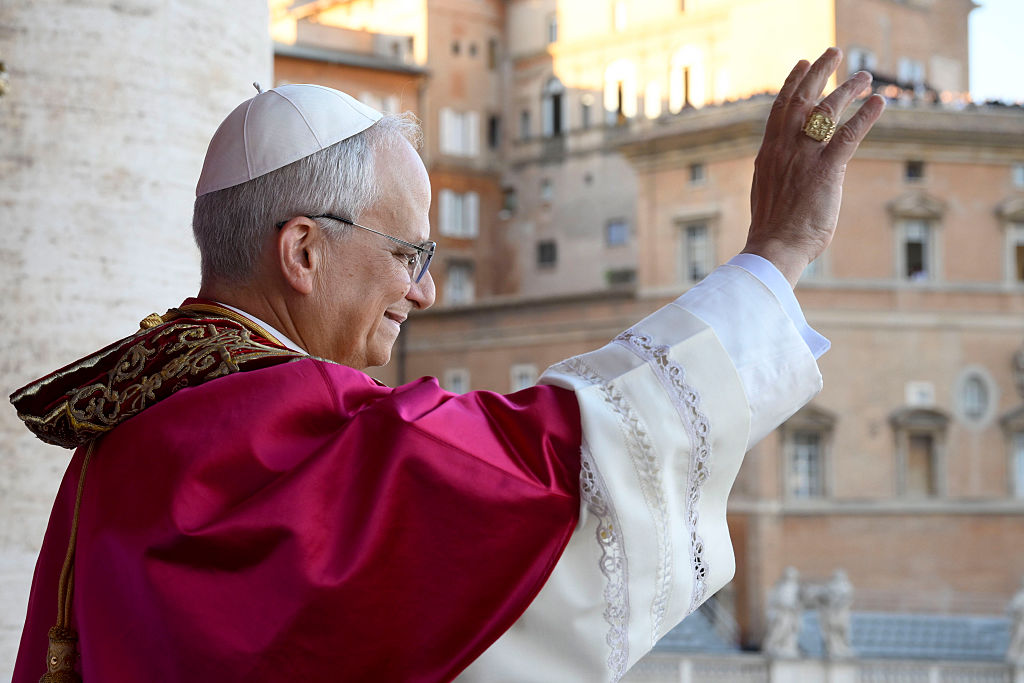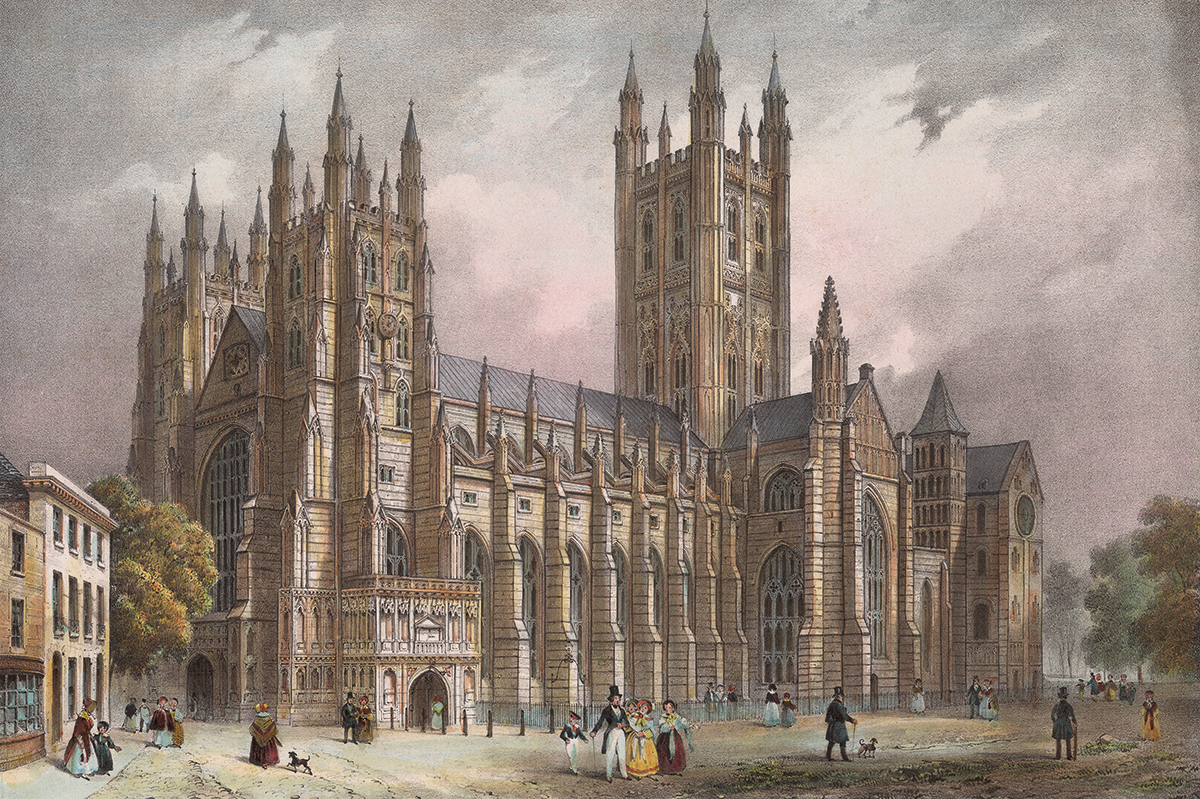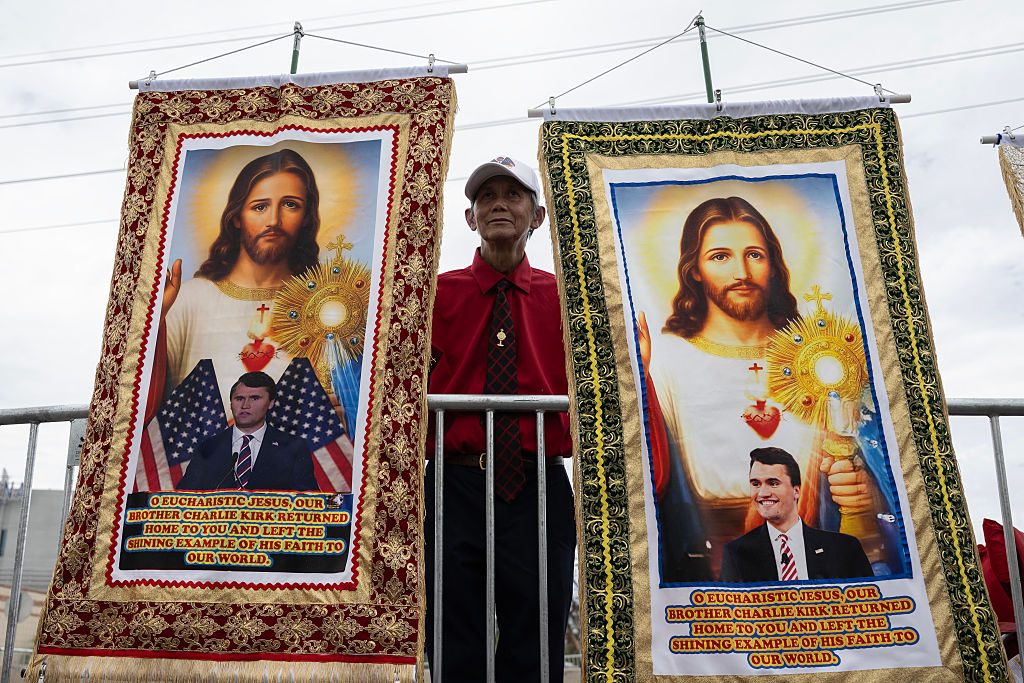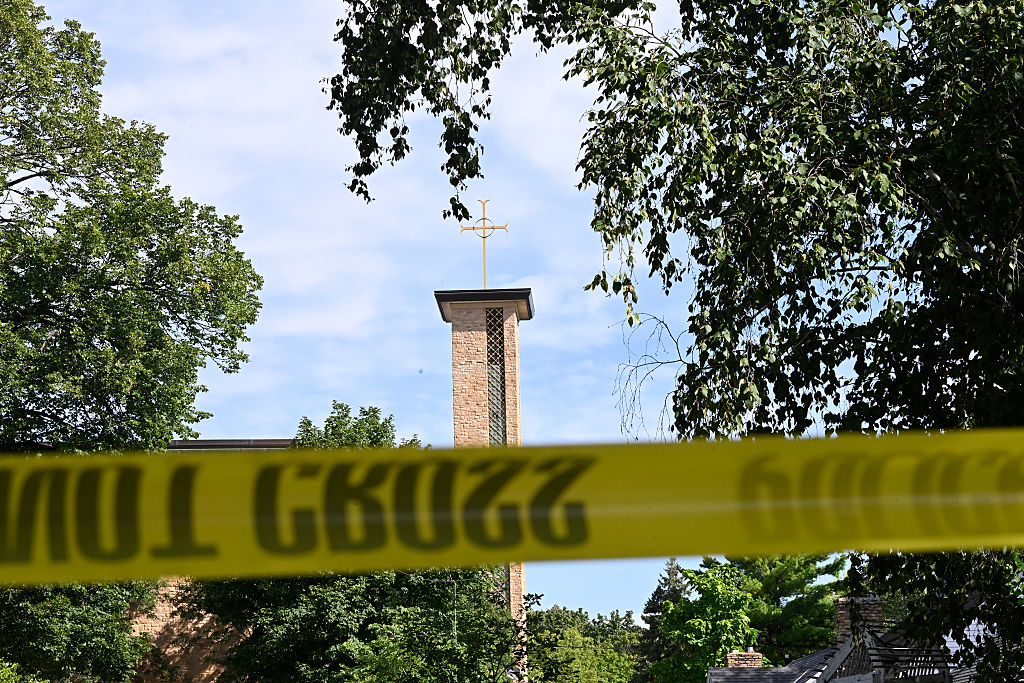In an article in The Spectator on February 25 Damian Thompson, with his characteristic vigor, raised objections to a book written by Fr Thomas Crean O.P. and myself and recently published by Editiones Scholasticae entitled Integralism: A Manual of Political Philosophy. His central objection is that the work is antiquated in its ideals and presentation and that it harms the cause of religion by burdening it with objectives which are unattainable, repellent to non-Catholics (and many Catholics) and anyway undesirable.
Why, dear reader, am I troubling you with this arcane intramural dispute among Papists? Indulge me and I will explain. The word ‘integralism’ is a term of art to describe the opposite of liberalism. Liberalism is here understood rather as St John Henry Newman does in the ‘Note on Liberalism’ in his Apologia Pro Vita Sua as the movement to eliminate Christianity as a principle of public policy and public law. This is achieved by altering Christianity so that it will no longer be adapted to function in this way and by amending the principles of the civil order to exclude the possibility. Pope Leo XIII considered Liberalism Satanic.
The integralist order for which Newman had struggled before crossing the Tiber in 1845 was the full-blooded Anglican settlement which still survives in modern England in residual form. In the time leading up to his conversion, he perceived that there was a difficulty in a wholehearted opposition to liberalism, its works and pomps. It was rather difficult to defend the Anglican settlement without draining the national religion of much of its Protestant character. Why? The principle of the private interpretation of scripture, so central to Protestantism, precisely renders it unable to function as the principle of public policy and public law: if all are free to interpret Scripture as they will, how can another man’s interpretation be binding upon me?
So much the better for Protestantism, you may say. Alas! If it is impossible to determine in an objective manner the true content of some purported revelation of God to mankind, then the credentials of that revelation are thereby exploded. Why would the Almighty speak in such a way that His voice could not be heard? He is, after all, Almighty. As Edmund Burke observed ‘A man is certainly the most perfect Protestant who protests against the whole Christian religion.’
This is a truth that the followers of Islam understand. It is why liberalism’s pose of neutrality is so disingenuous. By implying that religious questions are interminable and therefore not for the public sphere it actually implies that all such claims are false. If we cannot even in principle be sure what religion God has revealed to us, it cannot after all have been God who spoke. By excluding the possibility of revelation liberalism limits the range of socially acceptable religious belief to a flimsy and intellectually indefensible deism. Neutrality between all religions and none is effectively indistinguishable from state atheism.
But when Newman converted to Catholicism he was faced with the opposite problem. Catholics were now the beneficiaries of the Roman Catholic Relief Act (1829) and were loathe either to surrender their new-found status on the grounds that really the state ought to profess ‘the true religion and the one Church of Christ’ or else vainly to demand that the Protestant population of England bizarrely submit to (even without accepting) the Church of Rome and give her back her stolen churches without delay. And yet, it was rather uncomfortable to be in debt to the very liberalism against which he had directed his life’s work. Newman wrote of his friend Keble, who remained an Anglican, that ‘In spite of his reverence for the Old Religion, I conceive that on the whole he would rather have kept its professors beyond the pale of the Constitution with the Tories, than admit them on the principles of the Whigs.’
Catholics in Britain and America were flourishing, in the second half of the 19th century, under a civil religious ‘neutrality’ which they must none the less reject under pain of self-contradiction. The terrible consequences of accepting it have been displayed throughout the western world since the impression was generally (but incorrectly) received that the Church had conceded its legitimacy without qualification in the 1960s. Catholicism has withered on the vine.
While Newman’s movement to de-Protestantize the Church of England was in full swing Alexis de Tocqueville observed in America that Catholicism flourished in the context of a civil neutrality accepted solely on pragmatic and provisional grounds. A decade after his Apologia Newman observed that in the Anglican establishment of his youth ‘the king took the place of the Pope; but the Pope’s principles kept possession… All this was called Toryism, and men gloried in the name; now it is called Popery and reviled.’ And yet Toryism ‘springs immortal in the human breast…and thus, in centuries to come, there may be found out some way of uniting what is free in the new structure of society with what is authoritative in the old, without any base compromise with “Progress” and “Liberalism”.’
This aspiration was shared by Pope Leo XIII who made Newman a cardinal in 1879 and found expression in his nine great social encyclicals. Leo XIII displayed many signs of sympathy and admiration for the English-speaking world, calling the USA ‘the well–ordered republic’ and observing that ‘every one knows the power and resources of the British nation and the civilizing influence which, with the spread of liberty, accompanies its commercial prosperity even to the most remote regions.’
It is my conviction and that of my co-author that the dominium politicum et regale that lies at the heart of the English constitutional tradition has a unique capacity ‘of uniting what is free in the new structure of society with what is authoritative in the old’. Damian Thompson is mistaken in perceiving a specific political program behind the resurgence of integralism. Integralism is simply the principle that divine revelation ought to be the highest principle of public policy and public law. Catholicism is neutral on forms of government and those who agree Christianity should be, as it once was, ‘the law of the land’ do not necessarily concur on constitutional questions, nor need they.
So why is this of interest to the general reader? Because ‘every institution is inspired, at least implicitly, by a vision of man and his destiny, from which it derives the point of reference for its judgment, its hierarchy of values, its line of conduct’. By bracketing ultimate questions liberal institutions in fact inculcate a nihilistic hedonism and we are now reaping the bitter harvest. Nor is this the first time. As Pius XI said: ‘Liberalism is the father of this Socialism that is pervading morality and culture and Bolshevism will be its heir.’ As T.S. Eliot observed after the war, ‘It is against a background of Christianity that all our thought has significance. An individual European may not believe that the Christian Faith is true, and yet what he says, and makes, and does, will all spring out of his heritage of Christian culture and depend upon that culture for its meaning. Only a Christian culture could have produced a Voltaire or a Nietzsche. I do not believe that the culture of Europe could survive the complete disappearance of the Christian Faith.’ This is the prospect we are facing because if Christian revelation is too subjective or vague to be the principle of public policy it isn’t true.
‘Only the divinely revealed religion has clearly recognized man’s origin and destiny in God, the Creator and Redeemer. The Church invites political authorities to measure their judgments and decisions against this inspired truth about God and man: societies not recognizing this vision or rejecting it in the name of their independence from God are brought to seek their criteria and goal in themselves or to borrow them from some ideology. Since they do not admit that one can defend an objective criterion of good and evil, they arrogate to themselves an explicit or implicit totalitarian power over man and his destiny, as history shows.'(Catechism of the Catholic Church 2244)



